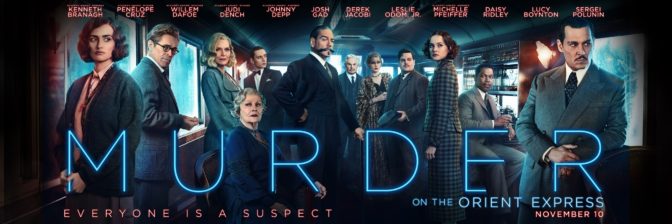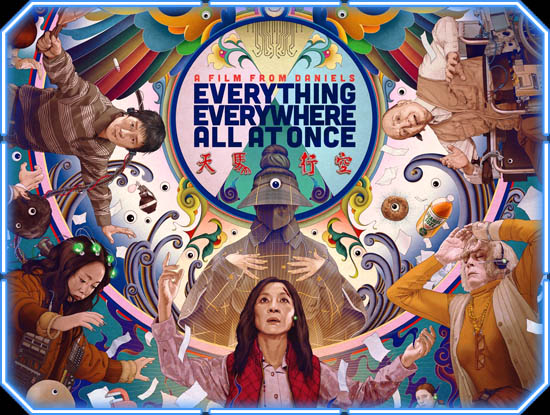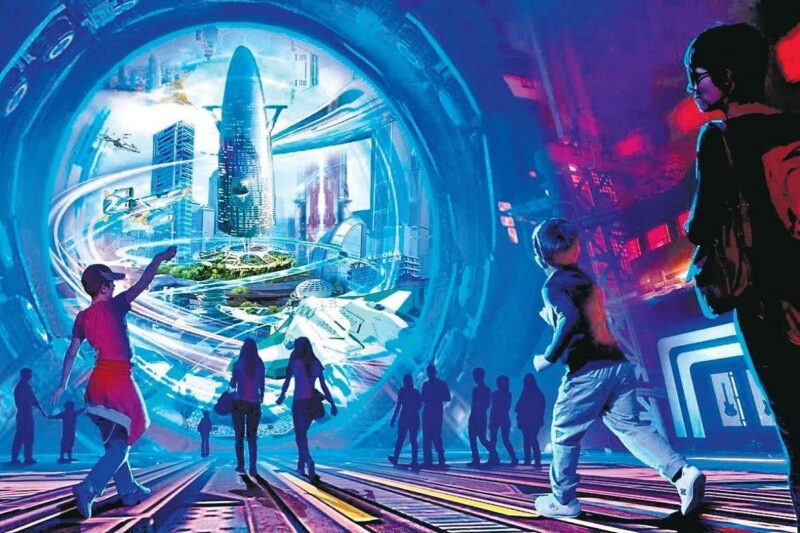Murder on the Orient recently got its very own modern, big screen adaptation. And, I ventured out to see it. For me, it captured the essence of the book and had very lavish set design, but in many instances, it failed to engage. The book, which I absolutely love had much more spice and intrigue.
The question is….
ARE THEY DIFFERENT?
Poirot
For one thing, they’re character traits are different. In the film, Poriot of course does some of the things he does in the book like making sure his too boiled eggs are the same height. But in the movie he’s also…an action hero? Well apparently he is. In one scene he gets in a chase with a man on the base of the train tracks. In the books, he is more timid and tends to sit and read a novel even if he is at a big event or a lavish hotel with a great view, you won’t see him moving around or emoting.
And the mustache size is up for debate.
The Solution
You do not mess with the ending of Murder on the Orient Express, since the ending, and the careful way in which Christie reveals it, are what make the novel so great. In both book and film, Poirot presents two possible solutions to the crime. In the first, Poirot suggests that an assassin snuck onboard the train, stabbed Ratchett, and vanished. In the second (correct) solution, Poirot reveals that all 13 people aboard the train—including the conductor, Pierre Michel—have some connection to the Armstrong household, and that they conspired to murder Ratchett together to avenge their loved ones.
Here’s where the book and movie diverge. In the book, Poirot is sympathetic toward the conspirators, noting that the 12 stab wounds are reminiscent of a trial by jury, with the killers acting as judges and executioners of a man who was obviously guilty. Poirot presents both his solutions but lets Bouc decide which theory they should present to the police. Despite the confessions of the train passengers, Bouc chooses the first, incorrect theory about the assassin, and Poirot announces that he considers the case closed.
Well, there you go. There are the differences. They’re minimal but they are ways to differentiate the book from the movie nonetheless. And if you have seen thee movie did you see any other differences that weren’t mentioned in this article






